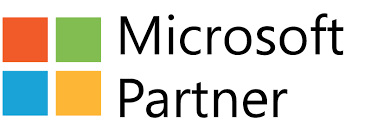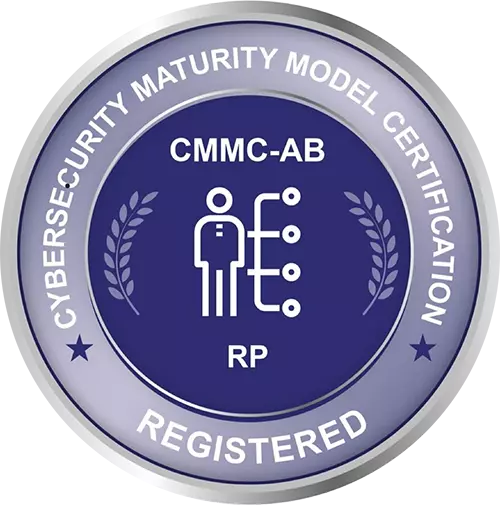
Best Practices for Effective Case Management
Effective case management is the backbone of quality healthcare. By streamlining processes, improving communication, and focusing on patient-centered care, healthcare providers can achieve better outcomes and operational efficiency. Implementing best practices for effective case management ensures that care teams deliver timely, coordinated, and comprehensive services.
At Healthcare Resolution Services (HCRS), we specialize in helping healthcare organizations adopt proven case management strategies that optimize care delivery and achieve measurable results.
Why Effective Case Management Matters
Improves Patient Outcomes
Coordinated care leads to better health results, fewer complications, and higher patient satisfaction.Reduces Healthcare Costs
Streamlined workflows and optimized use of resources can minimize unnecessary expenses, such as readmissions and duplicative services.Enhances Operational Efficiency
Simplified processes and clear communication improve team productivity and reduce administrative burdens.Ensures Compliance
Adhering to regulatory requirements through structured case management programs can minimize compliance risks and save additional revenue.Strengthens Provider-Patient Relationships
Personalized care plans and proactive communication build trust and loyalty with patients.
Best Practices for Effective Case Management
Conduct Comprehensive Assessments
Begin each case with a thorough evaluation of the patient’s medical, social, and emotional needs to create an individualized care plan.Develop Patient-Centered Care Plans
Tailor care plans that align with each patient’s goals, preferences, and specific healthcare needs.Facilitate Seamless Communication
Establish clear communication protocols among care teams, patients, and external providers to ensure continuity of care.Leverage Technology
Use case management software to centralize patient information, automate reminders, and track progress.Prioritize Preventive Care
Focus on early interventions and preventive measures to reduce the risk of complications and costly treatments.Implement Regular Monitoring and Follow-Ups
Continuously evaluate patient progress and adjust care plans as needed to ensure desired outcomes.Provide Comprehensive Staff Training
Equip your team with the skills and knowledge required to manage cases effectively and stay updated on best practices.Engage Patients in Their Care
Empower patients through education and involvement in their care plans to improve cooperation and satisfaction.Utilize Data and Analytics
Analyze data to identify trends, measure performance, and make informed decisions to refine case management strategies.Prepare for Audits and Compliance
Maintain accurate documentation and follow regulatory guidelines to ensure audit readiness and compliance.
Challenges in Case Management and How to Overcome Them
Limited Resources
Solution: Optimize workflows with technology and train staff to maximize efficiency.Complex Patient Needs
Solution: Use multidisciplinary teams to address the diverse needs of complex cases.Interdepartmental Communication Gaps
Solution: Implement centralized communication tools to ensure seamless collaboration.Evolving Regulations
Solution: Stay updated on industry standards and provide regular compliance training for staff.
HCRS offers tailored solutions to help healthcare providers overcome these challenges and achieve effective case management.
How HCRS Supports Effective Case Management
We provide comprehensive support to help healthcare organizations implement best practices for case management.
- Training Programs: Equip your team with the knowledge and tools to manage cases effectively.
- Technology Solutions: Implement case management software to streamline workflows and improve care coordination.
- Custom Program Design: Develop tailored case management frameworks that align with your organization’s goals.
- Ongoing Monitoring: Provide continuous support to refine strategies and ensure sustained success.
Benefits of Following Best Practices in Case Management
Higher Quality of Care
Patients receive consistent, personalized care that addresses their unique needs.Reduced Costs
Efficient resource allocation and preventive care strategies lower overall healthcare expenses.Improved Team Collaboration
Clear workflows and communication protocols enhance teamwork and productivity.Better Patient Engagement
Patients feel empowered and involved in their care plans, leading to improved cooperation and outcomes.Enhanced Reputation
Delivering high-quality care strengthens your organization’s reputation for excellence.
Frequently Asked Questions
Q: What are the key components of effective case management?
A: Comprehensive assessments, patient-centered care plans, seamless communication, technology integration, and continuous monitoring are essential components.
Q: Can small healthcare practices implement these best practices?
A: Yes, best practices can be scaled and customized to fit the needs of healthcare organizations of any size.
Q: How does HCRS support case management implementation?
A: We provide training, technology solutions, and tailored strategies to help organizations adopt and sustain effective case management practices.
Enhance Your Case Management Today
Implementing best practices for effective case management is a critical step toward improving patient outcomes, reducing costs, and optimizing healthcare delivery. At HealthCare Resolution Services, we provide the expertise and tools your organization needs to succeed.
Contact us today to learn more about how we can support your case management initiatives.










